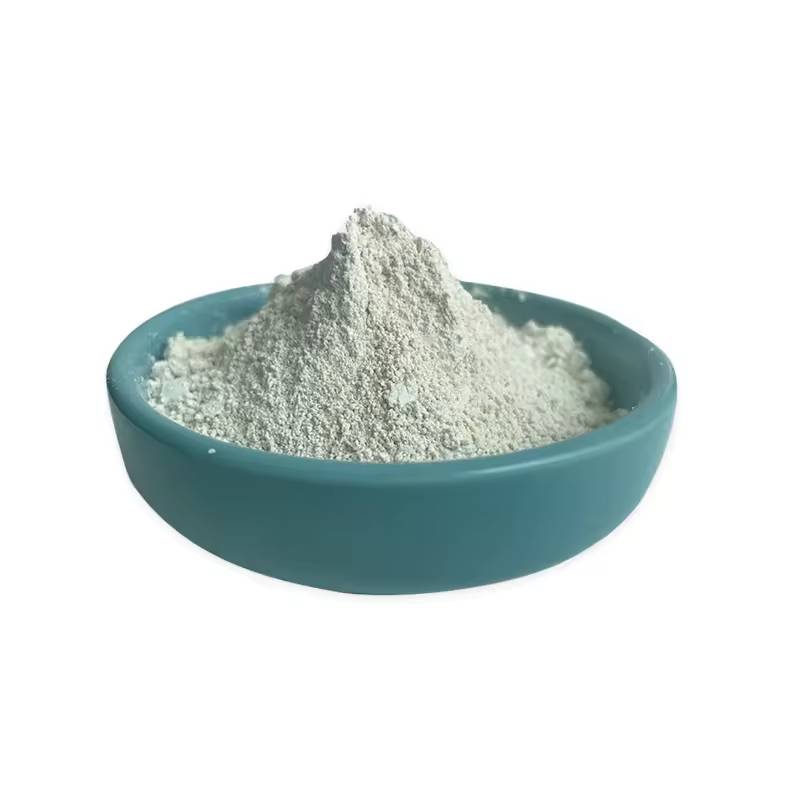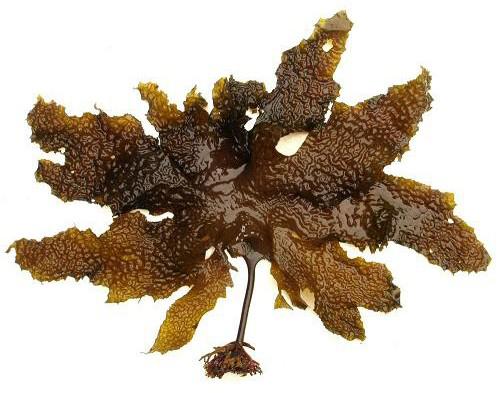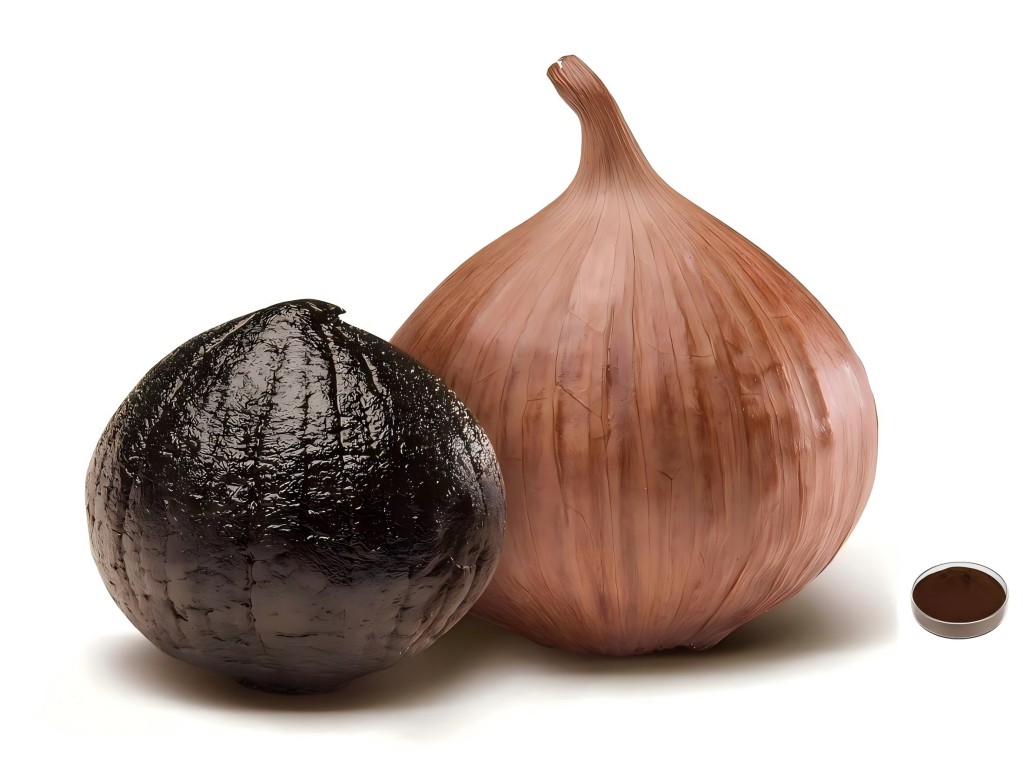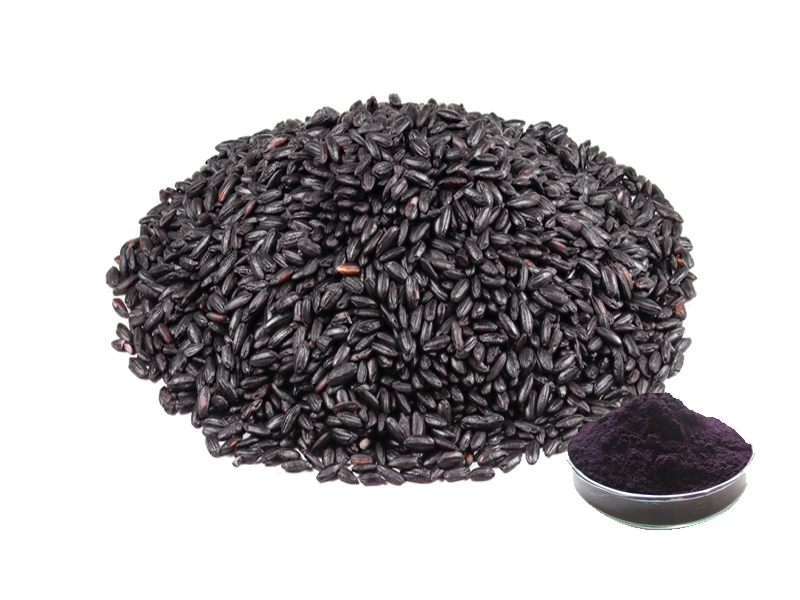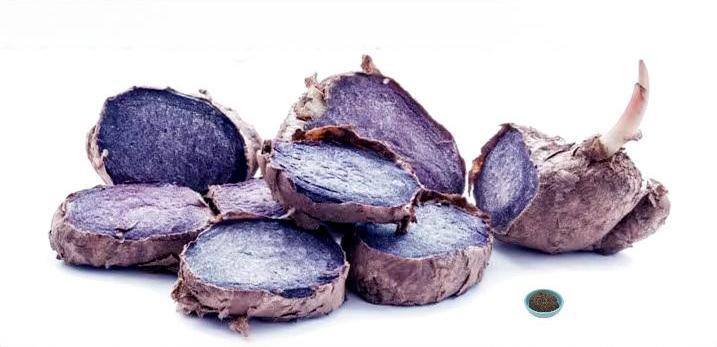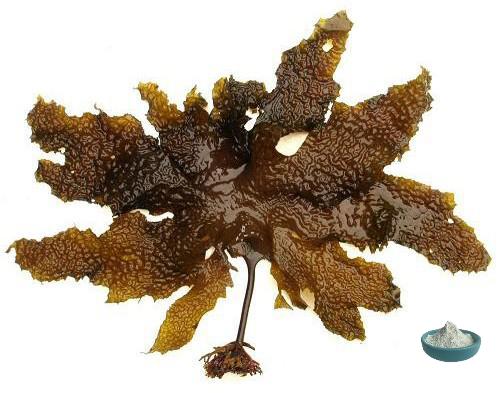フコイダン粉85%
ラテン語名 :の中で厚い折れ重なってひだ状
ソース:海藻
分析:85%
Testing Method: UV
微粉演:Off-White
残留農薬:(ec) no 396/2005規格に準拠
- 記述
- データシート
- 証明書
-
フコイダンとは?
フコイダンは硫酸が豊富な多糖類です。主に水溶性繊維であり、化学的には硫酸焦点の多糖類から構成される。フコイダンは他の植物多糖類とは異なり、硫酸基が豊富で病害対策に優れています。主に褐藻や緑藻などの藻類の細胞外間葉に見られ、ウニやナマコなどの海洋無脊椎動物の構成成分の一つでもある。
この多糖類は、1913年にkylin博士によって海洋褐藻から初めて単離され、「フコキサンチン」と命名された。 そして、彼が日本の沖縄で癌の発生率が低い理由を分析していた頃、フコイダンという名前で知られるようになりました。多くの動物やin vitroの研究により、フコイダンには抗菌、抗酸化、抗凝固、抗ウイルス、抗腫瘍、抗炎症作用など、幅広い生物学的活性があることが分かっています。
グリーン 春 中国産のコンブやワカメの藻体から作られたフコイダン粉85%を提供しています#39の高品質海域、水性抽出、無水エタノール降水、脱水、乾燥などのプロセスを通じて。高純度で安定した性能です。グリーン また、食品グレードのフコイダンを粉末状で提供しており、固形飲料、錠剤、カプセルなどのさまざまな剤形に使用することができます。また、プレスキャンディー、コーヒー、食事代替品、酵素パウダーなどの機能性食品に添加することもできます。
2000年、グリーンに加入 春 中国の大手バイオテクノロジー企業であり、天然、安全、有機植物抽出物の研究と提供に取り組んでいます。グリーン 春 has obtained Halal, Kosher, COSMOS, BRC, IFS, FDA, ISO9001, ISO22000 and many other certifications。 Our products are manufactured according to the highest international standards, such as EC396, 2023/915, and the highest solvent residue standards.
规格:
商品名
フコイダン粉
ラテン語名
の中で厚い折れ重なってひだ状
ソース
海苔
有効成分
フコイダン
仕様
85%
Testing Method
UV
外観
微粉Off-White
残留農薬
(ec) no 396/2005規格に準拠しています
法が定め
euの規制に準拠しています。
見積もりをお探しですか?Benefits:
Enhancement of Immunity
Fucoidan can enhance the body's immunity, increase the expression of anti-inflammatory factors and receptors, produce antioxidant and anti-inflammatory effects, and regulate the immune response through a variety of pathways, thus inhibiting its inflammatory response. The results of antioxidant experiments show that it can effectively scavenge ROS in Vero cells, enhance cell survival, and inhibit apoptosis.
Meanwhile, it can effectively alleviate AAPH-induced damage in zebrafish, such as enhancing embryo survival, scavenging ROS, and inhibiting lipid peroxidation. The results of anti-light aging experiments showed that it could effectively alleviate UVB-induced HaCaT cell damage, such as scavenging intracellular ROS, inhibiting apoptosis, and enhancing cell survival; meanwhile, it could effectively improve UVB-induced oxidative damage and inflammatory response in zebrafish.
Tumour Suppression
Numerous studies have shown that fucoidan can inhibit cancer by enhancing immune system function. This is because after fucoidan enters the gut, it is recognized by immune cells to produce signals that activate the immune system, creating activation of NK cells, B cells, and T cells, resulting in the production of antibodies with the ability to bind to cancer cells and T cells with the ability to kill cancer cells, specifically killing cancer cells and inhibiting their growth.
The researchers first demonstrated the effect of fucoidan at the cellular level using experimental liver cancer cells, HepG2-SR cells. The effects of fucoidan on the cell cycle and apoptosis-related proteins were also observed. The migration of cancer cells was also shown to be greatly inhibited by fucoidan in invasion and scratch assays.
Conservation of Gastric Mucosa
In 2015, Professor T. Sweeney's team at the University College Dublin, Ireland, took piglets suffering from chronic colitis as a model and fed fucoidan to the piglets every day for 2 months to observe the condition of colitis and the intestinal flora of the piglets. The experimental results showed that the piglets receiving fucoidan had significant relief of diarrhoea and effective weight gain, and at the same time, the analysis of the intestinal flora and inflammatory factors in the piglets' intestines revealed that fucoidan could improve the intestinal flora and effectively reduce the production of the inflammatory factor interleukin-6.
In 2017, a team of researchers from Professor Ryuji Takeda at Kansai University of Welfare Sciences in Japan conducted a study in which they divided 30 patients with constipation into two groups, with the test group taking 1 gram of fucoidan per day and the control group taking a placebo. Two months after the test found that the test group taking fucoidan weekly bowel movement days from the original average of 2.7 days to 4.6 days, the volume and softness of the bowel movement have increased significantly, the experiment verified that fucoidan can effectively improve constipation.
Regulates the Bowel
Fucoidan has also been shown to bi-directionally regulate intestinal effects such as improving constipation and inflammation.A 2017 Japanese study showed that constipated patients who took 1 gram of fucoidan per day had an increase in the number of days of bowel movements per week from 2.7 to 4.6 after two months, and had improved bowel size and softness. Previously, a series of in vitro and animal studies have shown effective inhibition of key inflammatory enzymes expressed in the gastrointestinal tract, slowing the clinical symptoms of ulcerative colitis. Recently, a recent clinical study has further confirmed the benefits of fucoidan on gut health in athletes, providing optimal support for athletic performance.
Benefits Cardiovascular Health
Fucoidan attenuates atherosclerotic damage by reducing leukocyte and platelet adhesion on dysfunctional or damaged endothelium and inhibits thrombin production. It also inhibits free radical processes, lowers cholesterol levels, and inhibits lipid accumulation. In addition, fucoidan reduces thrombin production in the microvascular system and promotes angiogenesis by recruiting endothelial progenitor cells, which may attenuate myocardial infarction and stimulate the regeneration of blood vessels in ischaemic areas.
Applications:
For Healthcare Products:
Fucoidan has a variety of pharmacological activities, showing high medicinal value in antioxidant, anti-tumour, hypoglycaemic and neuroprotective aspects. As early as 2003, China approved a fucoidan-based traditional Chinese medicine product ‘Haikun Renxi Capsule’ for the treatment of chronic renal failure. In recent years, fucoidan powder has gradually penetrated into the food field with its remarkable health care value, and many regions such as the United States and the European Union have approved the application of fucoidan in the food field, and the U.S. FDA has also recognised it as GRAS.
-
Get Your Free COA


 英語
英語 フランス
フランス スペイン
スペイン ロシア
ロシア 韓国
韓国 日本
日本



